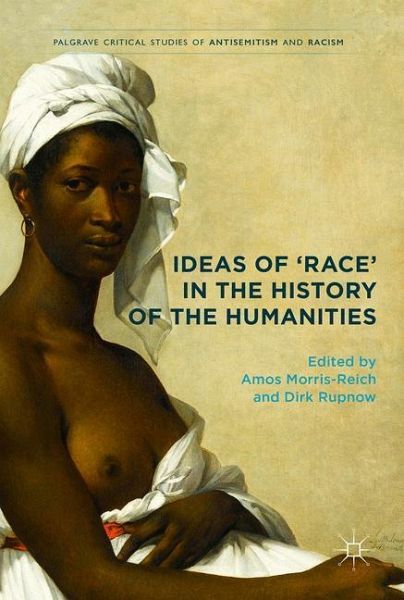
Ideas of 'Race' in the History of the Humanities

PAYBACK Punkte
34 °P sammeln!
This volume is concerned with the hitherto neglected role of the humanities in the histories of the idea of race. Its aim is to begin to fill in this significant lacuna. If, in the decades following World War II and the Holocaust - years that witnessed European decolonization and the African-American civil rights movement - the concept of 'race' slowly but surely lost its legitimacy as a cultural, political and scientific category, for much of the nineteenth and the first half of the twentieth century concepts of race enjoyed widespread currency in numerous fields of knowledge such as the hist...
This volume is concerned with the hitherto neglected role of the humanities in the histories of the idea of race. Its aim is to begin to fill in this significant lacuna. If, in the decades following World War II and the Holocaust - years that witnessed European decolonization and the African-American civil rights movement - the concept of 'race' slowly but surely lost its legitimacy as a cultural, political and scientific category, for much of the nineteenth and the first half of the twentieth century concepts of race enjoyed widespread currency in numerous fields of knowledge such as the history of art, history, musicology, or philosophy. Bringing together some of the most distinguished scholars in their respective fields, this is the first collective attempt to address the history of notions of race in the humanities as a whole.














